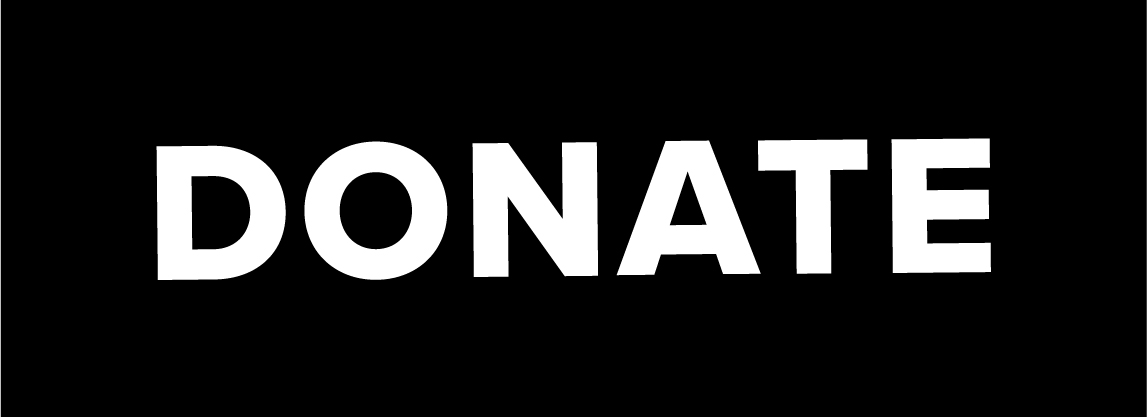This is a story for the record books: A venerable suit maker in Brooklyn, NY, owned and still operated by a man who survived the Holocaust (and co-founded a LISC partner agency), has overhauled its operations to make face masks and keep many of its longtime employees working. The first 600 masks were donated to another LISC partner, St. Nicks Alliance, and many more are going to the city's residents most in need. Read on to find out how you can help, too.
One of America’s finest suit makers, a Brooklyn-based business that has dressed high-profile figures from Bill Clinton and Barack Obama to Joaquin Phoenix’s terrifying Joker in the 2019 movie, is now offering the latest must-have accessory.
It’s a face mask, of course. Its function: to contain respiratory droplets that might spread Covid-19. Its form: nicely tailored, of 100 percent washable cotton in a variety of classic colors and patterns. The mask even has a little pocket for inserting a paper filter.
But the really important thing about this stylish mask is that it’s going, free of charge, to hundreds and ultimately thousands of the folks who work in high-contact jobs to keep our society functioning during the pandemic shutdown. That means grocery store clerks and restaurant delivery people. Police officers and elder care aides.
When you buy a package of six masks, Martin Greenfield Clothiers of East Williamsburg, Brooklyn donates an additional six to these essential workers. The clothier has also set up a gofundme campaign to advance production of the masks for those who need them most.
The tailor’s first donation of 600 masks went to the North Brooklyn community development corporation St. Nicks Alliance, a longtime, on-the-ground partner of LISC, which has supported the organization with dozens of grants and loans since the early 1980s. St. Nicks’ home care aides will wear the handsome masks as they give personal assistance and comfort to vulnerable seniors. In the nonprofit’s affordable housing developments, maintenance staff will wear the masks as they work to keep apartments in good shape and public areas safe and sanitary.
The face coverings provide a sustainable alternative to disposable masks in a period of intensive usage, and arrived “right in the nick of time,” says St. Nicks Alliance communications manager Lori Ann Doyon. Though the Alliance had managed to place an international order for the additional masks it needs to meet the Covid-19 crisis, they proved of such poor quality that they were basically unusable, says Doyon.
A community-minded clothier
Making best-in-class masks is break-even work for a family-owned business that’s always shown love for its unionized employees, many of them immigrants, and fiercely loyal to its home base in North Brooklyn from the years of disinvestment in the 1970s to the gentrification pressure that challenges the area’s manufacturers today.

It is a company with an epic story of its own. Founder Martin Greenfield came to Brooklyn in 1947 as a teenage refugee with a number tattooed on his forearm—an Auschwitz survivor. His immediate family killed in the Holocaust, he came alone. And he found work as a “floor boy” gophering materials to tailors at GGG Clothes, one of many garment makers in Brooklyn at the time. Greenfield worked his way up at GGG, and in 1977 launched his own enterprise with the purchase of GGG and its 1917 factory building. Greenfield also became deeply involved in community work, serving on the local community board and on the board of St. Nicks Alliance. In 1982 Greenfield worked with St. Nicks to found Evergreen (then known as EWVIDCO), another LISC partner whose mission to this day is to support manufacturing businesses in North Brooklyn.
Also in the ‘80s, Greenfield brought his sons Jay and Tod into the business, teaching them both the craft of tailoring sumptuous clothes that fit to a T, and a set of sturdy communal values.
|  |
“My dad was liberated by the Americans,” says Tod Greenfield, “He was welcomed here, he became a citizen, and he feels a huge debt of gratitude to this country. He always felt that he had to give back. Neither my brother or I went to business school. We just learned from him, and the concern that he had was to keep the factory going but also keep jobs for the workers. And to do good in the neighborhood. It was never really a question about moving to somewhere cheaper to make the suits.”
Meeting the moment
When the Covid-19 shutdown came in March, Martin Greenfield Clothiers faced the same daunting math that other small businesses do—how to pay vendor bills, the mortgage, the utilities, without any revenue? It furloughed its 70 workers, but continued to support their health care and other benefits. To make ends meet, says Tod Greenfield, the company applied for and received a federal Paycheck Protection Program loan, among other emergency funds.
The mask project emerged from a more emotional need. “Our factory hasn’t been idle in over 100 years,” says Tod Greenfield. “And it got idled. I was walking around there and it just didn’t seem right.” He got to work with one sewer, puzzling out a mask design. Then the company brought a handful of employees back to sew the masks in the factory, sitting well apart—and wearing masks, of course—for safety. When demand for masks spiked thanks to a mid-April TV news spot, the company reached out to another handful of sewers, over-65 employees who couldn’t work safely in the factory but were equipped and eager to sew the masks at home.
Martin Greenfield Clothiers now stands ready to produce 15,000 of its reusable masks for men and women who are out there on the job, reflecting the spirit of a family and a company whose 91-year-old founder, in the words of his son, “came here as a worker, not a boss.”